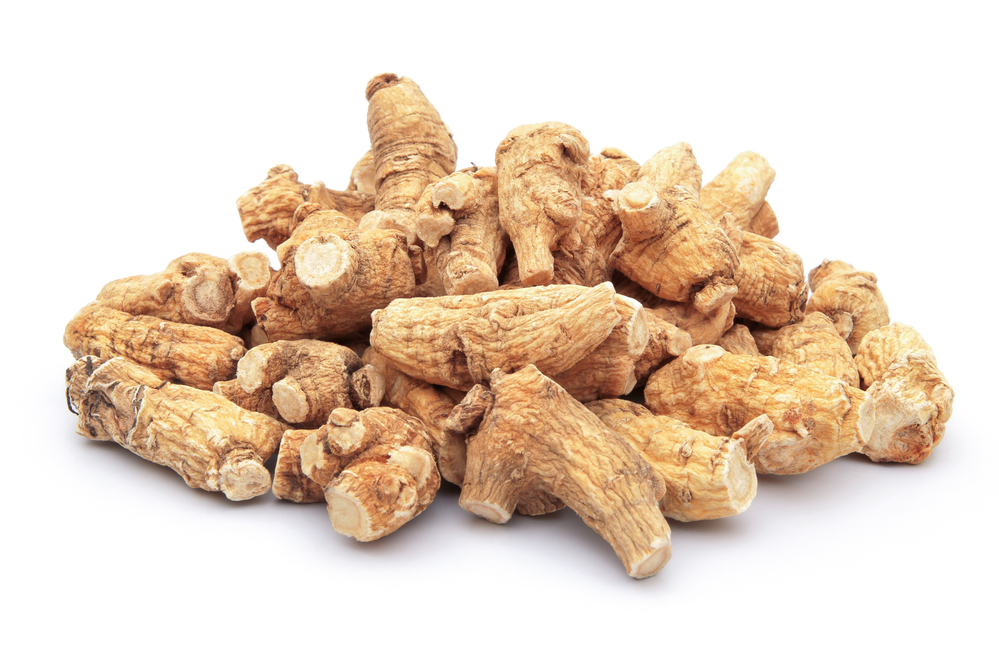Rare ginsenoside benefit: ginsenoside Rg3 inhibiting lung cancer growth and metastasis
 Neovascularization is one of the prerequisites for the rapid growth and metastasis of solid tumors. The new vessels generated transfer abundant oxygen and nourishment to tumor cells, and tumor cells will spread to other parts of the body and become malignant ones. For this reason, scientists look at preventing and intervening the neovascularization in the study of tumor prevention and treatment.
Neovascularization is one of the prerequisites for the rapid growth and metastasis of solid tumors. The new vessels generated transfer abundant oxygen and nourishment to tumor cells, and tumor cells will spread to other parts of the body and become malignant ones. For this reason, scientists look at preventing and intervening the neovascularization in the study of tumor prevention and treatment.
Ginsenosides are active ingredients extracted from Araliaceae plants, which have anticancer activity. Scientists have made detailed research in the effects of ginsenoside Rg3 on inhibiting the growth and the neovascularization of tumor cells through a large number of animal experiments.
In the experiments, mice taking ginsenoside Rg3 orally showed a significant inhibitory impact on the growth of lung cancer cells and the growth rate was significantly slower than the other control group. The higher concentration, the stronger inhibitory effect ginsenoside Rg3 has on the growth of lung cancer.
Besides, ginsenoside Rg3 and another anticancer drug suramin also showed an active inhibitory effect on lung cancer-induced angiogenesis. In vitro cell experiments found that ginsenoside Rg3 has a strong inhibitory effect on the metastasis of mouse ascites hepatoma cell, melanoma cells, human small cell lung cancer cells and human pancreatic carcinoma. The effect of ginsenoside Rg3 on inhibiting tumor metastasis is linked to its activity in inhibiting tumor cell infiltration, adhesion, and anti-angiogenesis.
As the result show, ginsenoside Rg3 can significantly improve the immune function of normal mice and tumor-bearing mice and prolong tumor-bearing mice’s lifespan, showing synergism and attenuation actions with radiotherapy and chemotherapy.
At present, ginsenoside Rg3 has been widely used in the anticancer field. The anticancer products containing ginsenoside Rg3 are available at home and abroad, which has helped many cancer patients.


